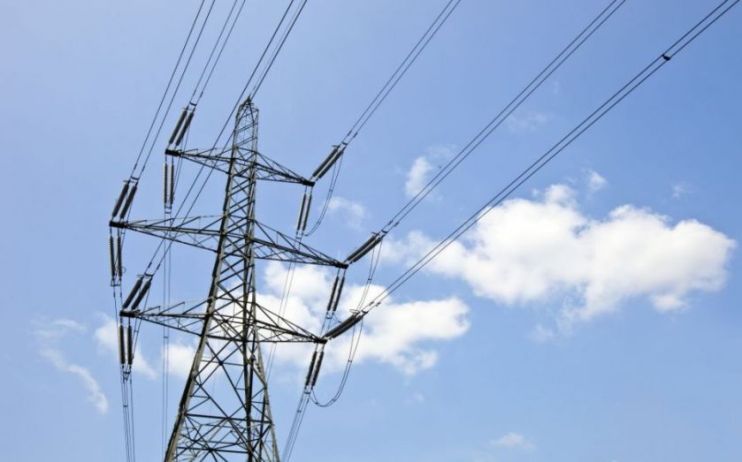UK on course to miss decarbonisation goals, MPs warn

The UK will fail to reach its decarbonisation goals and provide households with clean, renewable-powered electricity via the grid by 2035 – unless it significantly speeds up the deployment of low-carbon technologies, warned a Westminster panel of MPs.
In its final report, ‘Decarbonising the Power Sector’, the BEIS Select Committee called on the government to ensure planning and environmental rules are geared towards electrification and renewable energy
The UK needs to deploy low-carbon technologies at a faster rate than has historically been achieved, but the report warted a “whole host of regulatory and policy barriers continue to impede the deployment of clean technologies.”
The Westminster body noted that low-carbon projects are now facing delays of up to fifteen years to connect to the electricity network, alongside hurdles with a cumbersome planning regime.
It has called on the government to streamline the process so that Ofgem can approve projects ahead of need, so that they can receive connections from National Grid at a more efficient rate.
The committee called on the Department for Energy Security and Net Zero act now to coordinate stakeholders, unlock bottlenecks, and drive the pace of delivery required to reach the UK’s decarbonisation ambitions.
If DESNZ operates ‘business as usual,’ the government will fail to hit its own targets – it concluded.
The report also urged the government to publish a long-term delivery plan to reach its decarbonisation goals.
This follows similar calls from both the Climate Change Committee and National Audit Office.
It argues the creation of a new Department for Energy Security and Net Zero should provide both the impetus and ministerial capacity to do this by the end of the year.
The report said: “This plan should recognise the time needed to decarbonise the different aspects of the electricity system as well as the sequencing involved. We recommend that this delivery plan sets out clear roadmaps and milestones as well as contingency plans for key risks and uncertainties. It should also focus on whole system costs.”
It attributed the lack of plans to the absence of policies boosting onshore wind, reducing energy demand, support for long-duration energy storage, and clarity on where private finance for nuclear energy projects will come from.
The committee also warned the UK has become a less attractive place for energy investors, deteriorating in the months since it began its inquiry.
This follows the US Inflation Reduction Act and the EU’s wider subsidy response, as both trading giants look to lure renewable projects.
It feared this put the UK behind larger markets in a global race to attract capital to decarbonise the economy.
“The government has yet to set out a competitive offer to industry to ensure that the UK can continue to attract investment and maximise the economic opportunities of the transition to a decarbonised power system. The time to do so is limited,” the report said.
The report was welcomed within the energy industry – which has been concerned over the pace of decarbonisation ambitions for months.
Adam Berman, deputy director of advocacy at industry body Energy UK, said: “This report echoes concerns raised by ourselves and many across the energy industry in recent months. If the Government doesn’t quickly acknowledge and respond to the challenges that have grown for low-carbon developers then it is putting its own decarbonisation targets in jeopardy – as well as the UK’s energy security.
Meanwhile, Tom Greatrex, chief executive of the Nuclear Industry Association, argued the report highlighted the importance of a low-carbon baseload power source such as nuclear.
He said: “Nuclear is an essential part of the plan to decarbonise electricity and this report leaves no doubt that a clear nuclear pipeline is vital to ensure we continue to cut fossil fuels so clean energy targets are met.
“A programmatic approach to new nuclear projects, both large scale and small modular reactors, is vital, with financing and siting clearly defined so we can give confidence to investors and the supply chain.
Dr Nina Skorupska, chief executive of the association for renewable energy and clean technology added: ” We support the committee’s call for government to urgently address some of the biggest barriers to renewable deployment, including the unacceptable delays to planning and grid connections being experienced across the sector.”
The government has been approached for comment.